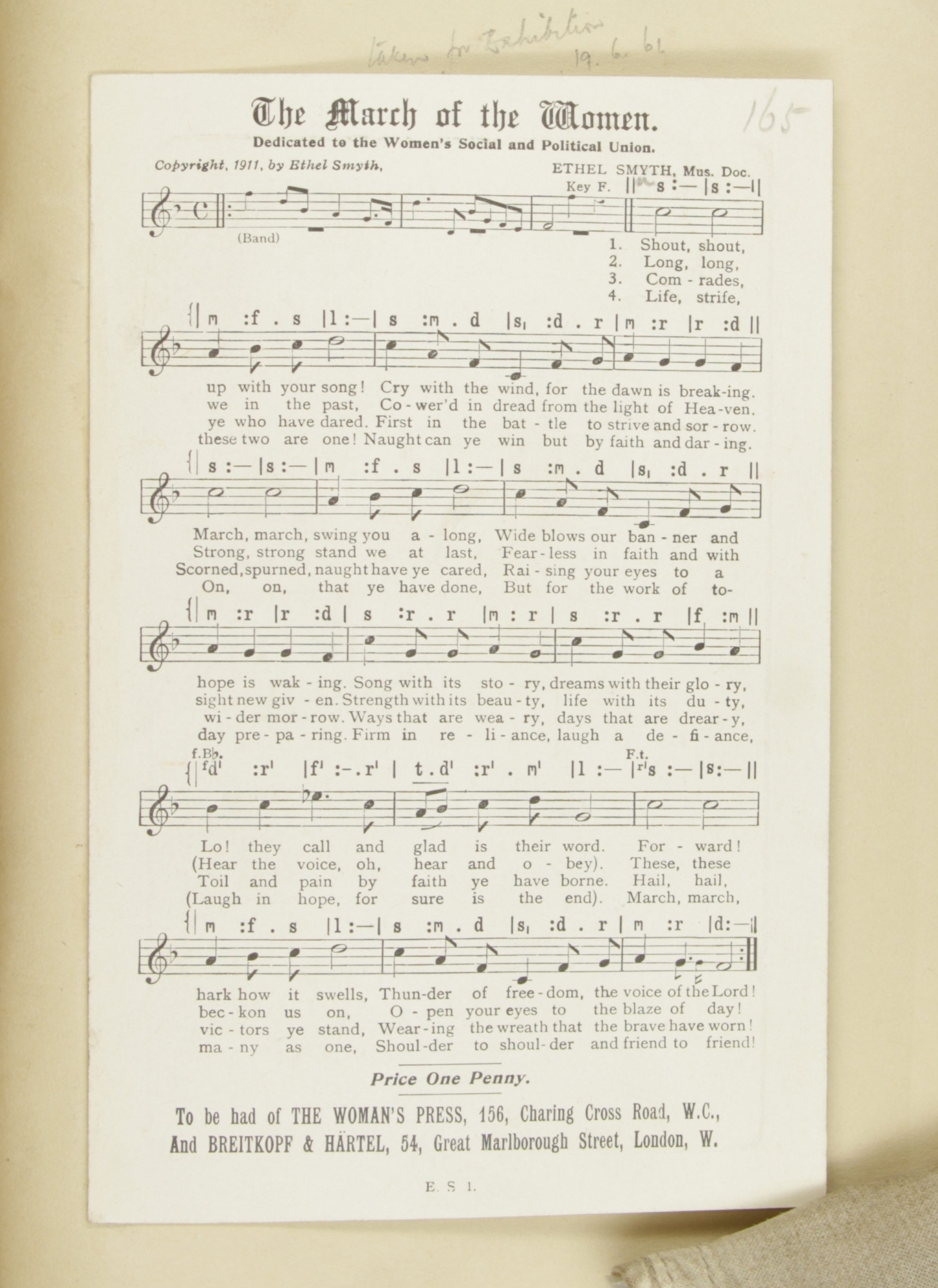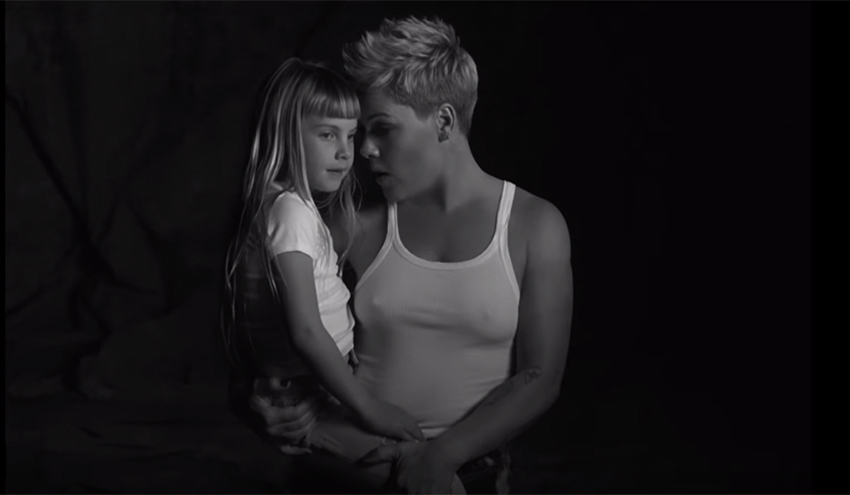“Wild Hearts Can’t Be Broken” is an anthem about fighting for women’s rights, and not giving up the fight. There is a large history of women’s rights music that I had not known about before, but in my research, I found that protest music for women has been created since the Suffrage movement in the 1910s, over 100 years ago.
The first notable women’s rights anthem was “The March of Women” by Dame Ethel Smyth. Activists and protestors would sing and chant this song at protests, demonstrations, and even in prison.

Next, a few decades later, the women’s rights anthems start to pick up again during the Civil Rights Movement. In 1963, Lesley Gore released her song “You Don’t Own Me” which was actually written by two men. Gore grew up in Philadelphia in the middle of the Civil Rights movement and observed many injustices in her day-to-day life. In an article by the American Songwriter, it says, “In its declarative lyrics, “You Don’t Own Me” was not only rejecting the notion of a man “owning” a woman but it was also about people fighting against rooted systems of inequality.” Behind the Song Lyrics: Lesley Gore’s Feminist, Civil Rights Anthem “You Don’t Own Me”
Shortly after, 1965 brought Nina Simone’s anthem “Ain’t No Use”. This song, similarly to Gore’s “You Don’t Own Me”, sings about the frustrations of being a woman, and that we should not comply. Slowly as the Women’s Rights campaign grows, the music of the movement grows more confident in the messages they send through the music. “Aint No Use” by Nina Simone The late 60’s and 70’s brought two of the most well-known girl power anthems, “Respect” by Aretha Franklin in 1967 and “I Will Survive” by Gloria Gaynor in 1978. These songs emobdy female empowerment and the rise of female leaders.
The 90’s-2000’s brought more power to the movement with a number of some of the most successful artists being women, including Beyonce, Britney Spears, Lady Gaga, Shakira, JLo, and Janet Jackson. With the Women’s Rights movement transitioning into the #MeToo movement in the early 2000’s, the foundation laid for the future female powerhouses. Some of these empowering anthems include
- “Run the World (Girls)” by Beyoncé (2011)
- “Woman” by Kesha featuring The Dap-Kings Horns (2017)
- “Independent Women” by Destiny’s Child (2001)
- “Girl on Fire” by Alicia Keys (2012)
- “Just a Girl” by No Doubt (1995)
- “Man! I Feel Like a Woman!” by Shania Twain (1997)

October 10, 2022 at 10:31 am
Caitlin,
What a fascinating find with “The March of Women” by Dame Ethel Smyth! I wonder what the song might sound like if it was rearranged out of its hymnal origins. You very nicely show several other women’s empowerment songs from the 60s today, though I do wish you had discussed some of them in more detail, embedded videos and other media to enhance your discussion, and brought everything back to “Wild Hearts” at the end so we could see how knowing these other songs (and there really are just so many women’s empowerment songs) help us understand P!nk’s. And it would have allowed you to explore 2 lineages, which was requested. Please also be sure to add tags to your posts, as well.
Bill